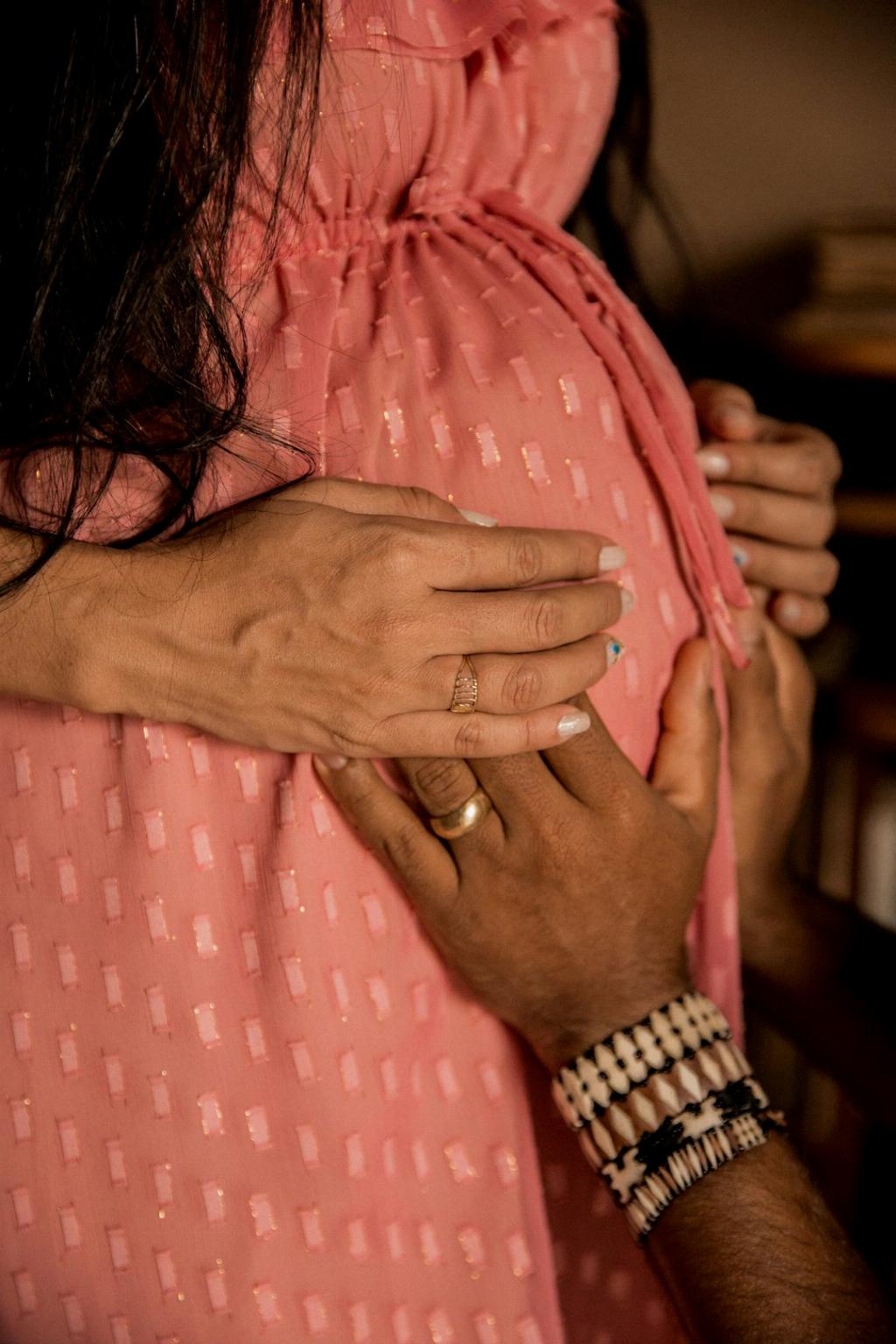One of the most common questions among individuals who are trying to conceive is how many days past ovulation (DPO) a pregnancy test can accurately detect pregnancy. Understanding the timeline of pregnancy detection can help individuals manage their expectations and potentially avoid unnecessary stress.
It is essential to note that implantation, the process in which the fertilized egg attaches to the uterine lining, can occur as early as five or six days post-ovulation (DPO). Following implantation, the body starts producing a hormone called human chorionic gonadotropin (hCG), which is the hormone detected by pregnancy tests.
While implantation can happen early in the cycle, it typically takes a few more days for hCG levels to rise to a detectable level in the urine. Pregnancy tests are designed to detect hCG, and some tests claim to be sensitive enough to detect the hormone as early as eight days DPO.
However, while some tests may advertise early detection capabilities, healthcare professionals generally recommend waiting until at least 14 DPO before taking a pregnancy test for the most accurate results. Testing too early may result in false-negative results, leading to confusion and disappointment.
The sensitivity of a pregnancy test plays a crucial role in its ability to detect hCG levels early in pregnancy. Some tests are more sensitive than others, with lower thresholds for detecting the hormone. High-sensitivity tests may be able to detect hCG levels as low as 25 mIU/mL, allowing for earlier detection.
Factors such as the timing of ovulation, the regularity of the menstrual cycle, and individual variations in hormone levels can impact the accuracy of pregnancy test results. While some individuals may receive a positive result as early as 8 DPO, others may not see a positive result until closer to the expected start of their menstrual period.
For individuals who are actively trying to conceive, the urge to take a pregnancy test early can be strong. However, patience is often the key to obtaining reliable results. Waiting until at least 14 DPO can increase the likelihood of an accurate result and reduce the risk of false negatives.
It is important to remember that pregnancy tests are not foolproof and that false-negative results can occur, particularly when testing too early. If a negative result is received before 14 DPO but pregnancy symptoms persist, it may be advisable to wait a few more days and retest for confirmation.
On the other hand, receiving a positive result on a pregnancy test can be an exciting moment for individuals trying to conceive. While early detection tests may provide peace of mind sooner, waiting until the recommended timeframe can offer the most reliable confirmation of pregnancy.
If a pregnancy test yields ambiguous results or if there is uncertainty about the accuracy of the test, consulting with a healthcare provider can provide reassurance and guidance. Healthcare professionals can offer additional testing options, such as blood tests, to confirm pregnancy and provide further information.
In conclusion, while pregnancy tests may be capable of detecting hCG as early as eight days DPO, waiting until at least 14 DPO is advisable for the most accurate results. Understanding the limitations of early testing and the factors that can influence test reliability can help individuals navigate the emotional journey of trying to conceive.

